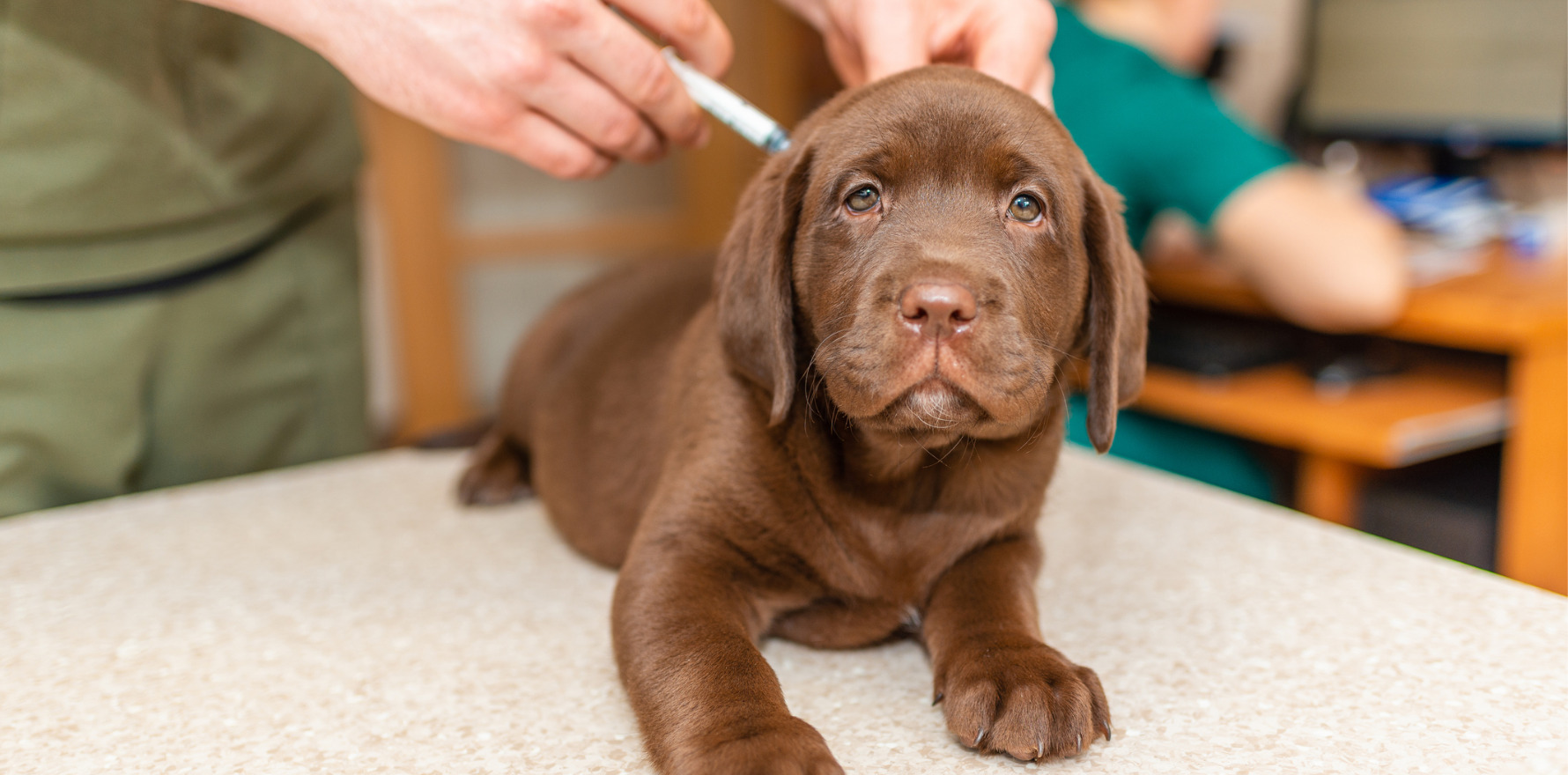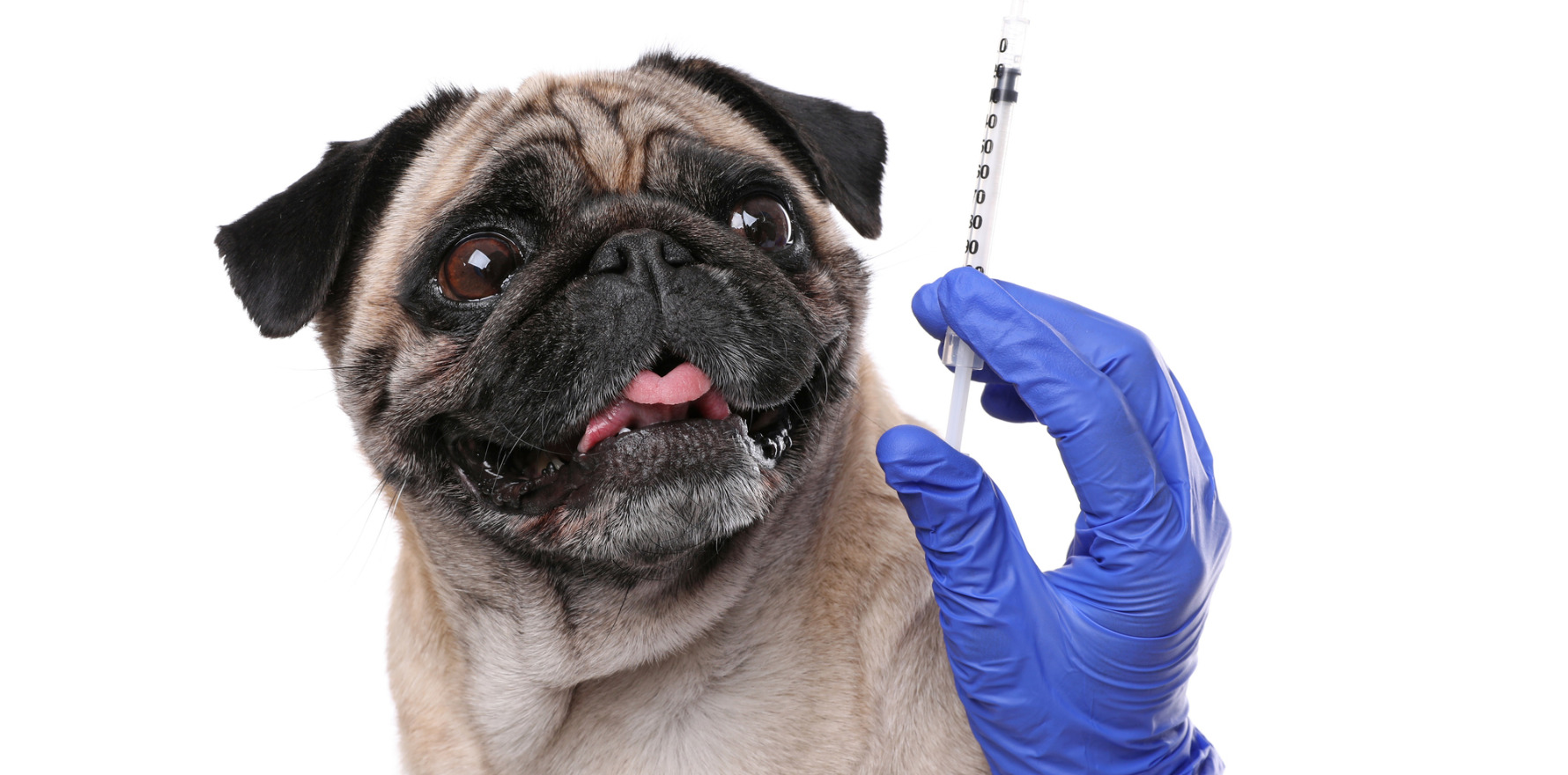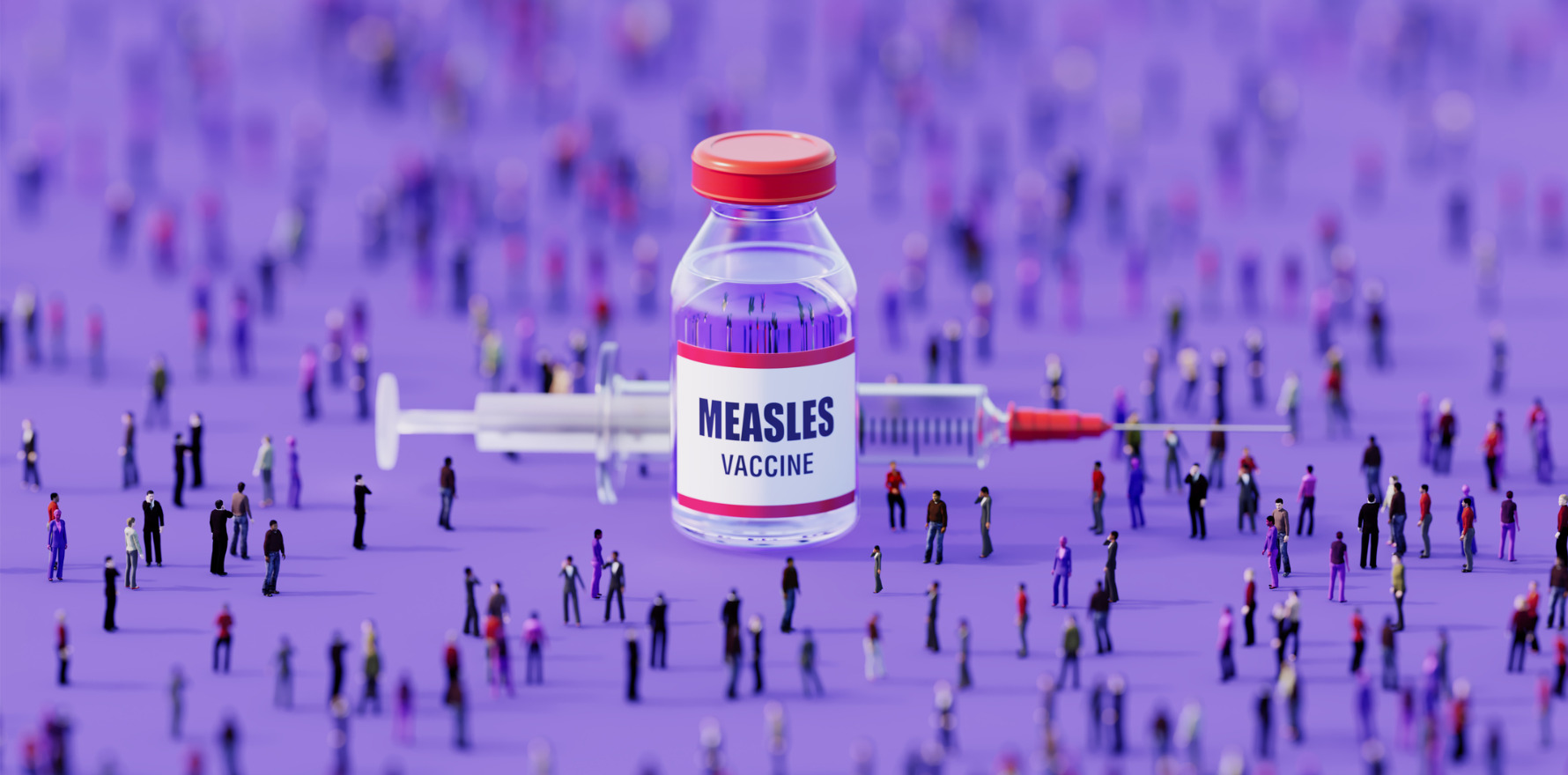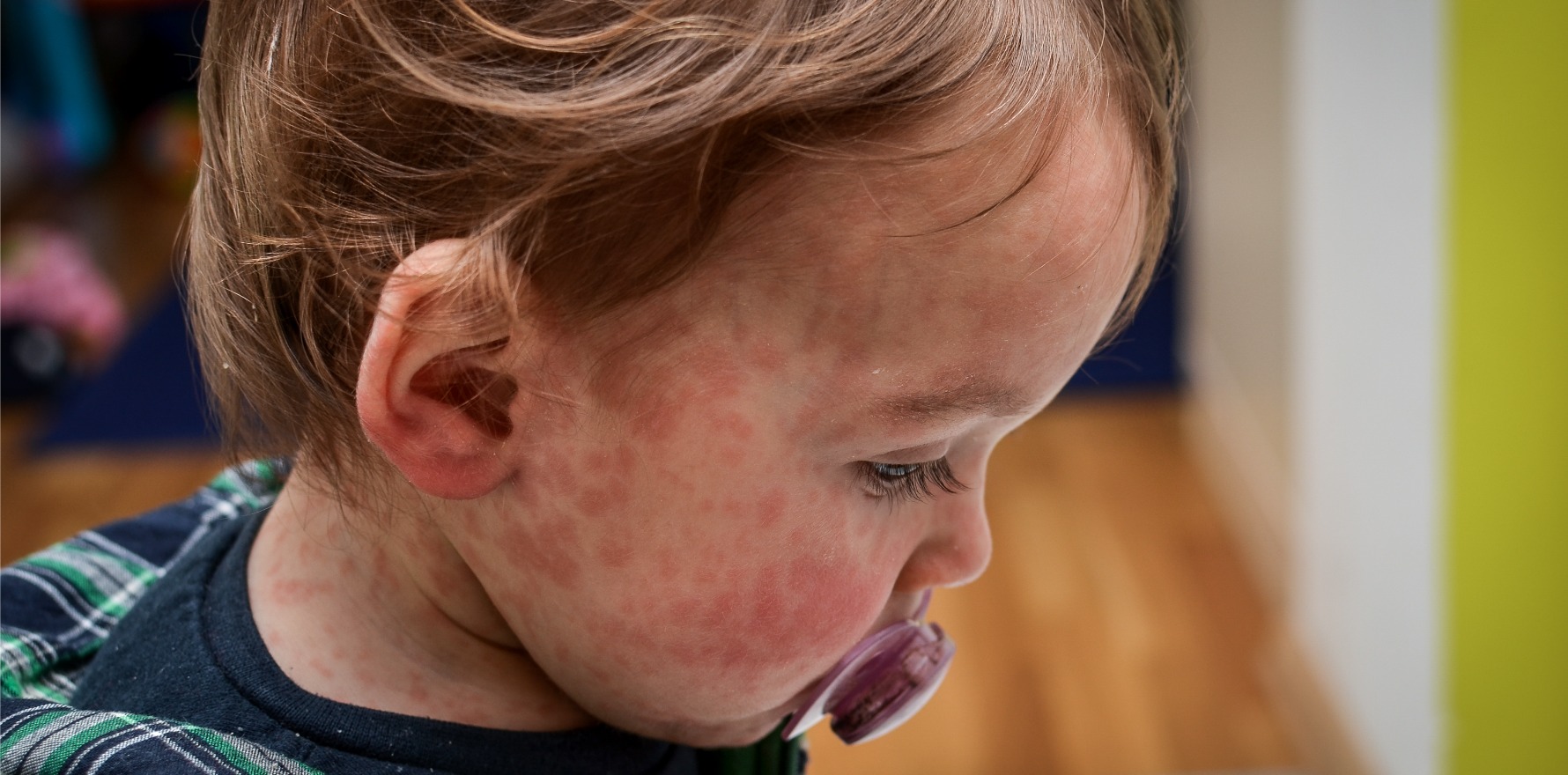Australian experts say babies as young as four months may need protection, as cases rise and most lose immunity before the current vaccine schedule begins.
A global surge in measles cases has prompted leading Australian researchers to call for a re-evaluation of when children receive their first measles vaccine dose, suggesting it could be administered as early as four months of age.
Australia has not been immune from the rises in cases around the country. As of 30 May there have been 77 confirmed cases of measles reported to the National Notifiable Disease Surveillance System.
This is 20 more cases than the number reported in Australia for the whole of 2024.
The bulk of cases to date so far this year have been in Victoria (31), followed by NSW (21), Western Australia (19), South Australia (three), Queensland (two), and the Northern Territory (one). As of 30 May there had been no reported measles cases in the ACT and Tasmania.
The recommendation for a re-evaluation of the timing of measles vaccines follows a major systematic review by the Murdoch Children’s Research Institute (MCRI), which found that only 30% of babies in low- and middle-income countries retain protective maternal measles antibodies by the age of four months.
This is significantly lower than levels needed to shield infants before they are eligible for their first vaccine dose, which under current World Health Organization (WHO) guidelines is given between nine and 12 months. An exception applies in outbreak situations where vaccination at six months is recommended by the guidelines in addition to the routine two-dose schedule.
The MCRI review – published in The Journal of Infectious Diseases – analysed data from more than 8000 infants under nine months of age across 34 studies. It found that maternal antibody levels were high at birth – around 81% – but declined sharply to 30% by four months and just 18% by seven months.
MCRI senior research officer Dr Lien Anh Ha Do said that when a first dose had been administered between four to seven months of age it produced a positive immune response and was highly effective in preventing measles.
“With 70% of babies having no measles antibodies present by four months old they are being left unprotected before reaching a vaccine-eligible age at 9-12 months,” she said.
“An early first measles dose could provide sustained protection throughout infancy by closing gaps in immunity. This could be achieved by earlier administration of the first dose or by adding an extra early dose to the routine two-dose schedule.”
Related
However, the researchers warned more data was needed on the possible waning efficacy of an earlier first measles dose as the child ages and the potential effects on subsequent doses.
Paediatrician and MCRI Professor Kim Mulholland said several barriers existed including the cost-effectiveness of more doses, addressing vaccine hesitancy and uptake. He said an earlier first dose could also reduce the vaccine’s efficacy as the child ages.
“School-aged children are the key transmitters of the virus, so preventing infections during childhood is critical to limiting the disease spread and advancing measles elimination efforts,” he said.
“But a trade-off of an earlier first dose is a possible more rapid reduction of measles antibodies in children vaccinated early in infancy. Additionally, adding a third dose will be challenging given that low- and middle-income countries are already struggling to administer a second dose within the current measles vaccination program.”
MCRI researcher Darren Ong stressed the importance of maintaining high coverage across both doses to prevent outbreaks. At least 95% is the vaccination coverage a population needs to receive both first and second doses.
“Achieving and maintaining this coverage is a significant challenge,” he said.
“The [covid] pandemic worsened the situation by interrupting global routine immunisation and catch-up campaigns as well as fuelling vaccine hesitancy.
“A highly contagious airborne virus, measles causes significant impacts especially in young babies who rely on sufficient herd immunity. Poor vaccination coverage has sparked large measles outbreaks in several countries since early 2024.”
The current surge in measles infections has been significant, with almost 400,000 measles cases reported globally in 2024 and more than 16,000 during the first two months of 2025.
The MCRI’s Associate Professor Claire von Mollendorf said new and innovative approaches were needed to better control and manage this global health crisis.
“There has been little improvement in global measles control over the past two decades and it’s likely the situation will only get drastically worse,” she said.
“Rapid diagnostic testing would greatly improve surveillance systems for early detection and monitoring of outbreaks to guide public health responses. New randomised control trials to evaluate the effectiveness of an earlier dosing schedule would also help protect babies who were inadequately protected by maternal antibodies.”
New Zealand has recently recommended an additional measles dose be given to children as young as four months before travelling to endemic countries.
Speaking on ABC Radio National this morning, federal health minister Mark Butler said described MCRI’s research as “incredibly interesting”.
“Our technical advisory group on immunisation … ATAGI, is currently reviewing the measles vaccine program both in terms of doses, but also timing. I know this research will be an important input into that review,” he said.





